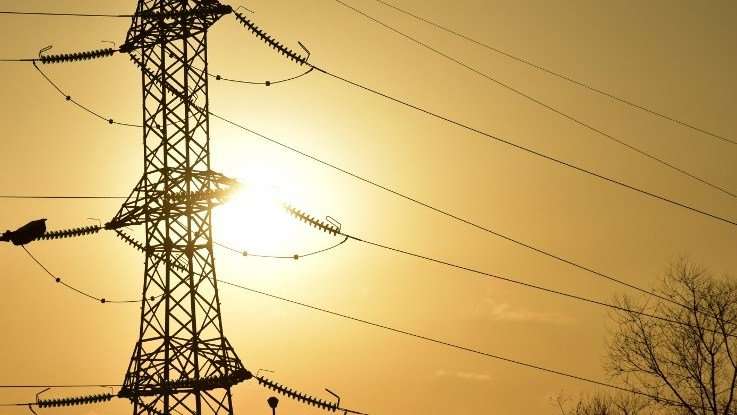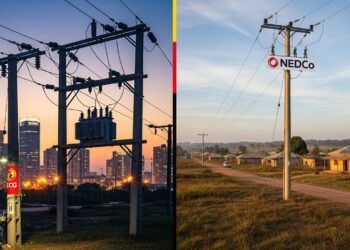The Africa Centre for Energy Policy (ACEP) has reinforced its stance on the Ameri Power Plant relocation, debunking ‘non-factual’ claims made by the Minister of Energy, Matthew Opoku Prempeh during an interview yesterday, August 3, 2022.
ACEP highlighted the need for the Ministry of Energy to tread cautiously with this decision as the power sector was already in ‘hot-waters’. The Think Tank noted that it “has no direct interest” in the choice of location for the Ameri Plant “beyond public interest,” responding to the Minister’s claim that ACEP is “only against the Ameri plant relocation because it is going to Kumasi.”
Of primary concern is the ballooning debt within the power sector, ACEP said and with the power sector now cash-strapped, “the most optimal decisions must be prioritized”. That said, decisions that will affect the power sector’s financial situation should be at the barest minimum, and reduce the sector’s burden and not amplify it, ACEP said.
Recent statistics show that, in 2020 and 2021, the government bore total under-recoveries from the sector to over GHS 14 billion (GHS 6.8 billion in 2020, and the cedi equivalent of $1.257 billion in 2021). Additionally, the sector’s outstanding payments for gas and IPPs are in excess of $1.2 billion (GHS9.6 billion) for the first half of 2022.

Evidence Shows Ministry’s Involvement in Agreements
The Minister also asserted that negotiations for the relocation of the Ameri plant from Takoradi to Kumasi is being spearhead by the Volta River Authority (VRA) and not the Ministry of Energy. However, ACEP’s checks of available documents prove otherwise. “All the available evidence show that the Ministry, at all times, has been Ghana’s negotiating party,” ACEP said.
To buttress this point, ACEP provided evidence to prove that the proposal from Mytilineos SA for $25.48 million was submitted to the Ministry. Furthermore, the Ministry did the negotiations, applied for PPA approval for $71.6 million ($35.6 million for the relocation and $36 million for the operations and maintenance).
The Ministry sought the legal opinion of the Attorney General’s office for the contract. It was along these lines that the VRA Senior Staff Association wrote to protest the negotiations done by the Ministry, ACEP explained.
“The challenges of the power sector require the full focus of the Minister of Energy than accusing ACEP of hate for the people of Kumasi, pandering to the opposition and instigating agitations.”
ACEP
The Minister also made the claim that “Bui is a peaking plant that only works for 4-5 hours in the day.” In response, ACEP noted that the status of Bui as a peaking plant is because “Ghana has made it so, not because it has ‘peaking turbines’.”
The Think Tank explained that Bui is a 400MW plant, however, the plant cannot generate at that capacity all year round due to limitations with the available volumes of water in a given year. For this reason, Ghana decided to generate power from Bui at full capacity during the peak hours.
According to ACEP, instead of operating 400MW at peak periods, generation could be reduced to about 150MW for the plant to run 24 hours a day to support generation from the East and Western power enclaves for a period.
This will in turn, give Ghana some breathing space to address the fiscal challenges in the power sector. “Any plant that can start and shut in a matter of minutes can be designated as a peaking plant,” ACEP said.
“For Ghana to pay over GHS14 billion in 2020 and 2021 with an outstanding debt of about GHS17.6 billion, the fiscal challenges in the sector are getting to overwhelming levels that require the control of debt accumulation, not personalization and accusations.”
ACEP
READ ALSO: SEC Seeks to Strengthen its Surveillance through Digitalisation























